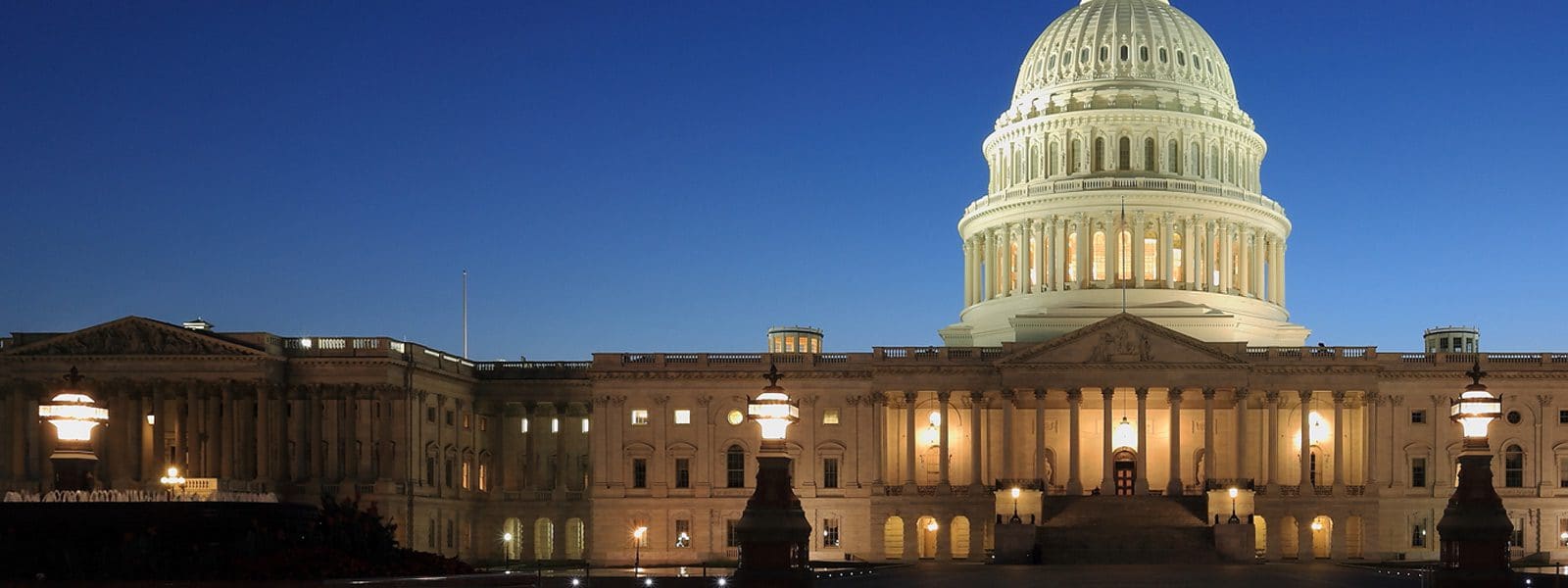On March 14, nonprofit leaders and congressional staff gathered on Capitol Hill to learn more about our new research on two unrelated business income tax (UBIT) provisions that will cost nonprofits thousands.
The briefing was organized by Independent Sector and the Council on Foundations and featured a panel of nonprofit leaders, and a special guest speaker, Senator Chris Coons (D-DE).

IS and COF have been pushing to repeal two harmful provisions passed through the 2017 Tax Cuts and Jobs Act. These provisions will force nonprofit organizations to pay a 21 percent federal tax on the cost of employee transportation benefits, including transit and parking; and to calculate unrelated income streams in a way that increases tax burden. In January, Independent Sector partnered with researchers at the Urban Institute and the George Washington University to quantify the impact of these taxes.
Senator Coons kicked off the briefing event b recounting his own experience as a founder of two nonprofits and as a board member of several others. He called on the room of congressional staffers and nonprofit leaders to help repeal the tax provision on transportation benefits.
“I don’t care who gets credit,” he told the crowd. “This is a bad idea and no one is defending it.”
Senator Coons, along with Senator James Lankford (R-OK), Rep. Mark Walker (R-NC), and Rep. Tom Suozzi (D-NY), introduced The Lessening Impediments from Taxes (LIFT) for Charities Act, bipartisan, bicameral piece of legislation that would prevent nonprofits from paying federal tax on the cost of employee transportation benefits. Learn more about other legislation moving on this issue.
During the briefing, we also heard directly from Elizabeth Boris, fellow and research at the Urban Institute’s Center on Nonprofits and Philanthropy, who spoke in detail about the research. Scott Dodson, director of advancement and patron communications at the Richmond Symphony in Virginia, and Stuart Comstock-Gay, president & CEOa at Delaware Community Foundation, also spoke about the effects these provisions have on their organizations.
We are often judged by the #partners we treasure. All #ymca #yadvocate leaders are grateful to Sen. @ChrisCoons and the @IndSector for leadership protecting #charity priorities! #UBIT #LIFT #ProtectGiving. Great event on #CapHill today! @COF_ @ASAEcenter pic.twitter.com/zekTnB7tk3
— Neal Denton (@NealDenton) March 14, 2019
Scott said that the transportation tax provision would cost the symphony an additional $25,000-30,000 in federal taxes this year. “That’s an entire education program,” he said. Through their programming, the Richmond Symphony offers musical education to children in areas where no other musical education is offered.
Stuart emphasized that nonprofit organizations should be focusing on programming and not paying more in taxes. He also said that the second provision, which increases the tax burden on nonprofits by forcing them to report unrelated income streams in separate streams, would stifle organizations creativity in creating new funding streams. An unintended consequence is that fewer nonprofits will attempt to use social enterprise to fund their organization, while punishing organizations that are wise with their investments.
Learn more about these tax provision and tell your members of Congress to support #MissionNotTaxes.


